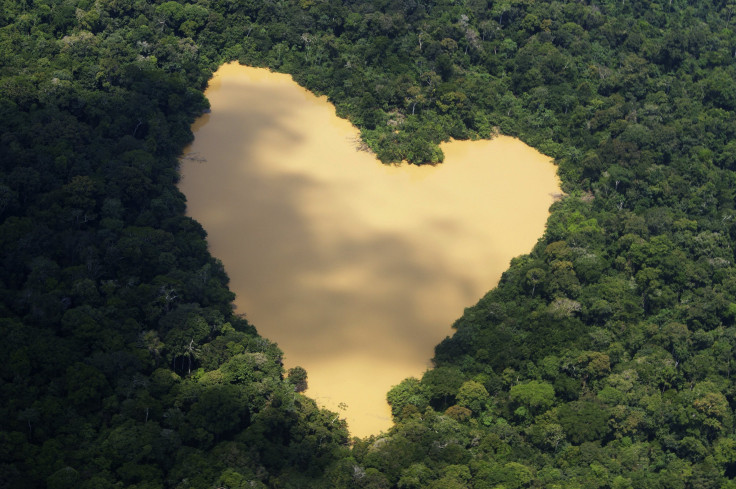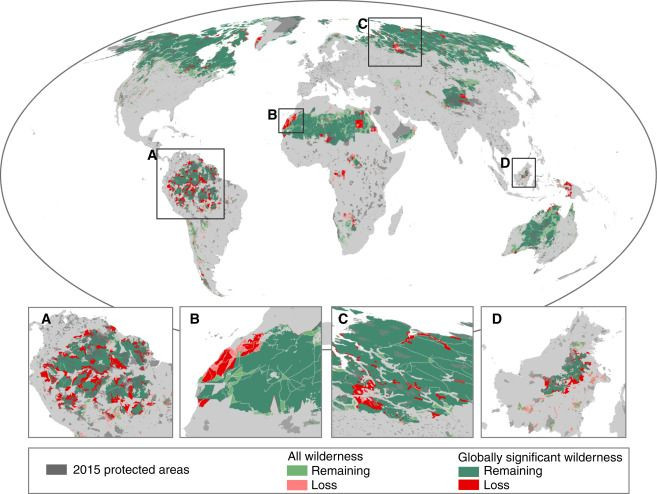A Tenth Of Global Wilderness, Equaling Half The Size Of Amazon, Lost Since 1990s

Due to widespread human developments, the world has encountered catastrophic declines in wilderness areas around the planet over the last two decades. The losses have been so alarming that they comprise a tenth of global wilderness since the 1990s – an area that is twice the size of Alaska and half the size of the Amazon, a new study reveals.
According to the study, published in the journal Current Biology on Thursday, the Amazon and Central Africa have been the hardest hit regions. Researchers said that it’s time for international policies to recognize the value of wilderness areas and to address the unprecedented threats they face.
“Globally important wilderness areas--despite being strongholds for endangered biodiversity, for buffering and regulating local climates, and for supporting many of the world's most politically and economically marginalized communities--are completely ignored in environmental policy,” James Watson, director of science and research initiatives at the Wildlife Conservation Society in New York and the study’s lead author, said in a statement, adding that we probably have only one to two decades to turn this around.
Researchers said that unlike the loss of species, larger-scale losses of entire ecosystems have been paid comparatively less attention. To fill this gap, the researches mapped wilderness areas – biologically and ecologically intact landscapes that are free of any significant human disturbance – and compared their current map to the one produced using the same methods in the early 1990s.
“We demonstrate alarming losses comprising one-tenth (3.3 million km2) of global wilderness areas over the last two decades, particularly in the Amazon (30 percent) and central Africa (14 percent),” researchers said in the study. “We assess increases in the protection of wilderness over the same time frame and show that these efforts are failing to keep pace with the rate of wilderness loss, which is nearly double the rate of protection.”

Researchers said that the world’s wilderness areas, which have foolishly been considered protected due to their remoteness, need to be recognized because “we cannot restore wilderness, once it is gone.”
“If we don't act soon, there will only be tiny remnants of wilderness around the planet, and this is a disaster for conservation, for climate change, and for some of the most vulnerable human communities on the planet,” Watson said in the statement.
© Copyright IBTimes 2025. All rights reserved.






















